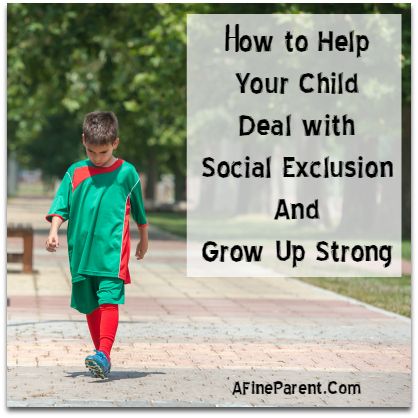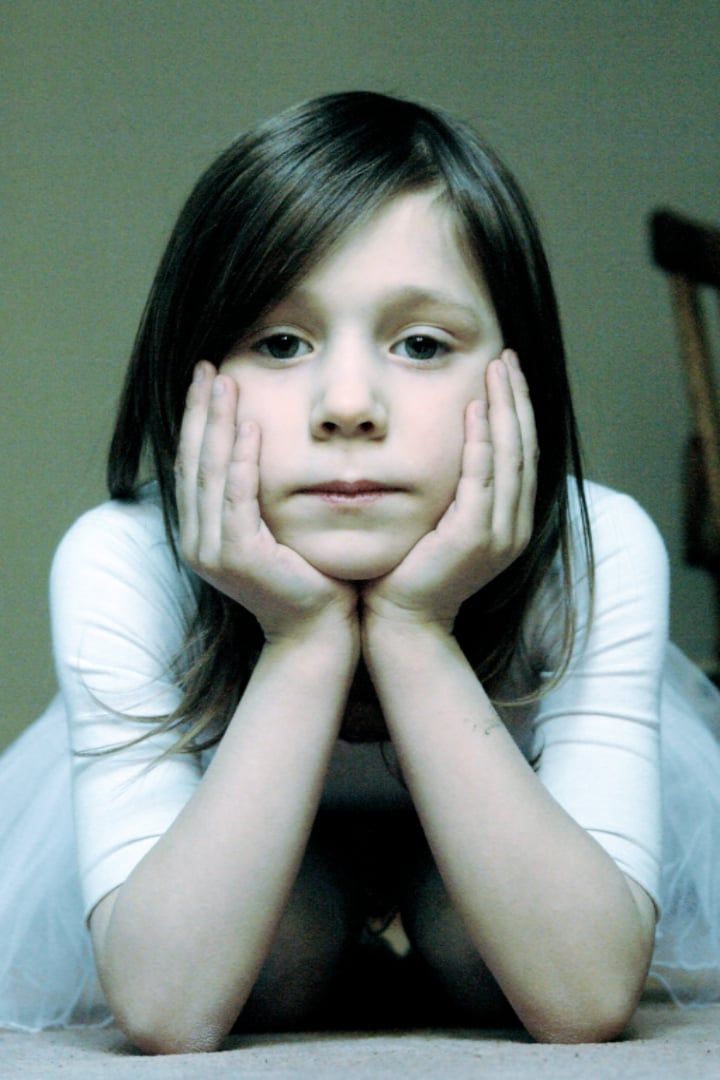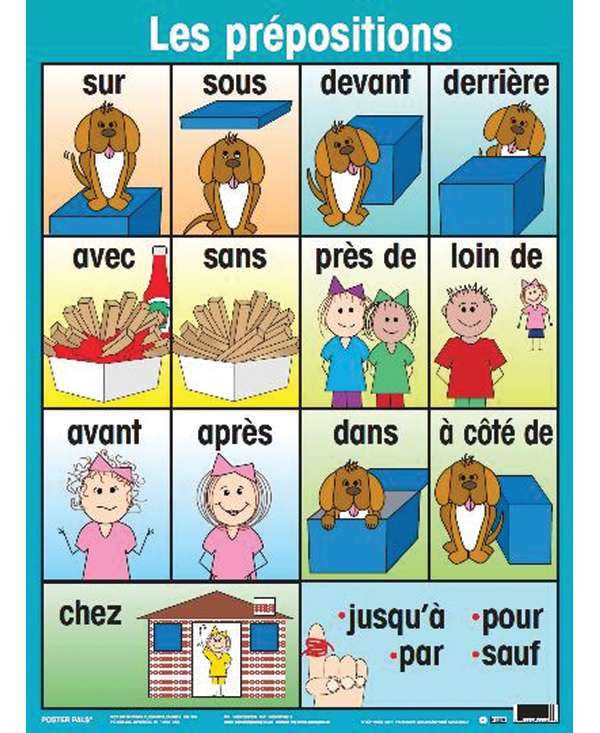How to help a child with social problems
6 Ways to Improve Your Child's Social Skills
Few things can be more frustrating than watching your child struggle to
make friends or having a difficult time fitting into certain social settings.
There are several steps parents can take to improve their child's social skills.
1. Follow Their Interests
Enjoying others will come more naturally when a child is doing something they are genuinely interested in. Whether it's participating in a favorite sport, playing an instrument they like or being part of a club they're interested in, this is the first step toward building social skills. It also places a child around like-minded individuals that the child will probably feel more at ease with. While it's important to be able to socialize with those of varying interests, starting out with other kids who like the same things is an excellent way to more easily build social skills.
2. Learn to Ask Questions
Sometimes when children get nervous or a conversation lags, they may become more introverted and ultimately struggle in future social situations. According to the Center for Development & Learning there are several ways children can initiate and carry on positive conversations with others. One important way is to ask questions. The best way to find out about others and form connections is to ask questions that specifically pertain to the person the child is talking with. Encourage your child to ask questions that can't be answered with just a yes or no.
3. Practice Role Playing
Pretend-play, with both younger and older children, is a great way for kids to actively practice their social skills. LD Online gives parents practical tips for effective role-playing. Have your child pretend to be the person they have difficulty talking to or getting along with. This will give you an idea of what this person is like, or at least how your child perceives this particular person. Then switch roles to see how your child does when pretending to interact with the person. Suggest ways your child can more effectively talk with the individual.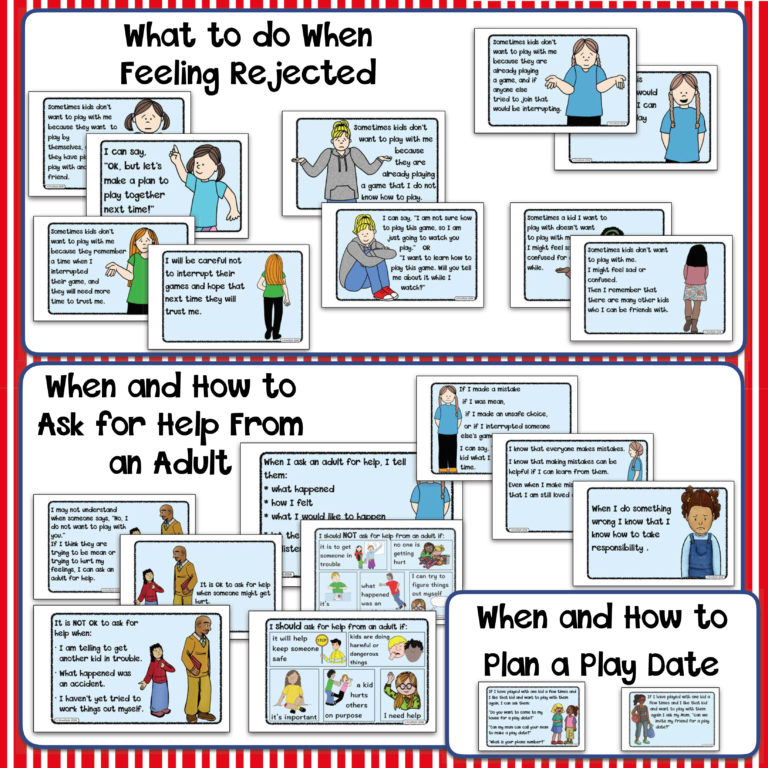 Don't forget to include body language, such as smiling and making eye contact, when advising your child.
Don't forget to include body language, such as smiling and making eye contact, when advising your child.
4. Teach Empathy
If children have a better understanding of how others feel, they are much more likely to feel connected to other people and form positive bonds. Parents suggest teaching empathy by talking about different situations and scenarios with your child. Ask how other people might feel when each of these things happen. Part of teaching empathy is to help children learn how to actively listen to others. This involves focusing on what others are saying and then thinking about what the speaker has said once the conversation is over.
5. Know Your Child's Limits
Some children are simply more social than others. A child who is shy and introverted should not be expected to interact in the same way as a child who is naturally outgoing. Some children are comfortable in large settings, while others find it easier to relate to their peers when in smaller groups.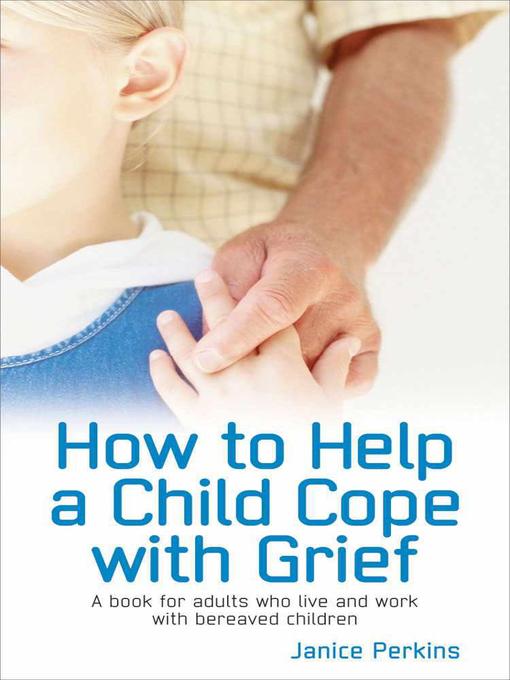 It's also important to understand a child's time limits. Younger children and those with special needs may only feel comfortable socializing for an hour or two.
It's also important to understand a child's time limits. Younger children and those with special needs may only feel comfortable socializing for an hour or two.
6. Be a Good Role Model
It's important to be consciously aware of how you interact with others when your child is watching. Are you asking questions of others and then taking the time to actively listen? Do you show genuine empathy for friends and family in your life? The Center for Parenting Education states that being an effective role model requires conscious effort and forethought. Children are constantly watching the adults in their lives.
It's important to remember that it will take time for your child to develop good social skills. Social skills are something that are developed and improved upon over a lifetime.
Contact us today to schedule an assessment. You can also view the research and results of the program on the website.
Social Skills Problems In Children
What are social skills?
Social skills allow us to create and maintain healthy and satisfying relationships, they help us to know what to say, make good decisions, and how to behave in different social situations.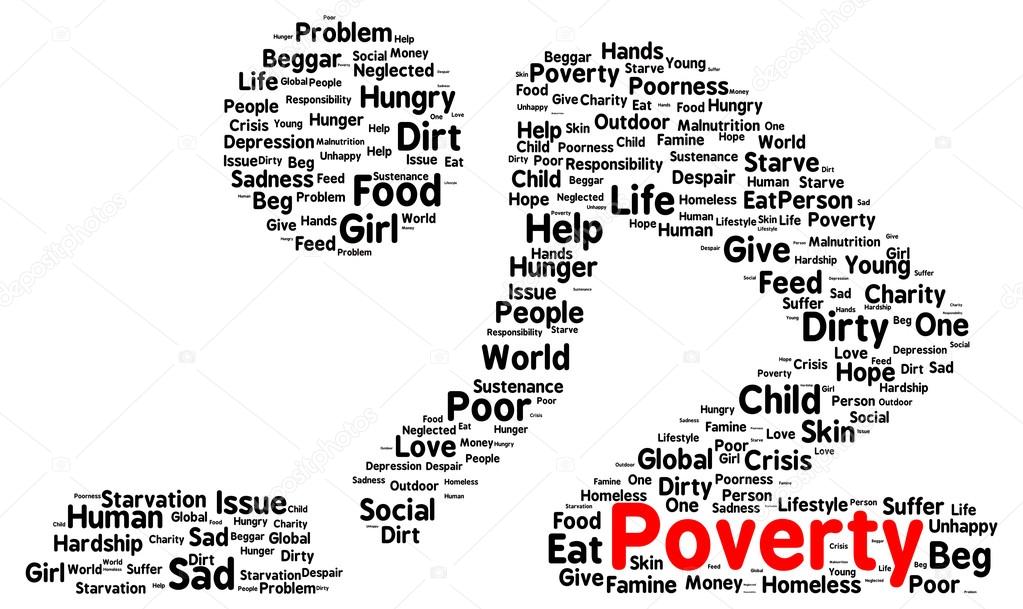
Being skilled in social interactions leads to increased success in academic performance, behavior, social and family relationships, and involvement in extracurricular activities.1 While we can all have awkward social moments, children and adolescents with social skill weaknesses routinely have trouble connecting with people and making and keeping friends.2 For these children, learning to get along with others is challenging, whether at school, in sports, or with friends.3
If you notice your child displaying issues with social skills at a young age, our early intervention services for infants and toddlers can help them improve these skills before they get too difficult to manage.
What are examples of social skill deficits?
Symptoms seen in children with weak social skills can include difficulty in any or all of the following three steps involved in social interaction:2,4
Perception:
- Doesn’t understand facial expressions or body language
- Is a poor listener and looses the point of what is being said
- Has little interest in social interactions
- Not noticing rejection actions by others
Interpretation:
- Is overly literal and doesn’t get sarcasm
- Doesn’t know how to properly greet people, request information or gain attention
- Has difficulty with perspective taking
Response:
- Shares information in inappropriate ways
- Interrupts or blurts out answers
- Constantly moves arounds and fidgets
- Goes off-topic or monopolizes conversations
- Doesn’t adapt language to different situations or people
What causes social skills weaknesses?
Children and adolescents can show weaknesses in social skills due to a variety of factors, and deficiencies can become more apparent as children age and social landscapes become more complex.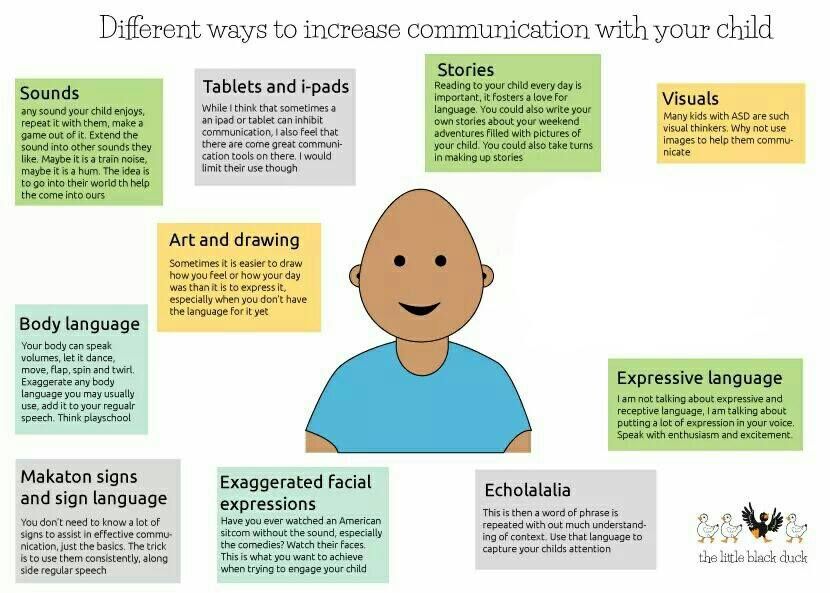 Weak social skills are commonly found in children diagnosed with Attention-Deficit Hyperactivity Disorder (ADHD), Autism Spectrum Disorder (ASD), Non-verbal Learning Disability (NVLD), and Social Communication Disorder (SCD). Environmental factors, past failures, anxiety or depression can also play a role for some children.4
Weak social skills are commonly found in children diagnosed with Attention-Deficit Hyperactivity Disorder (ADHD), Autism Spectrum Disorder (ASD), Non-verbal Learning Disability (NVLD), and Social Communication Disorder (SCD). Environmental factors, past failures, anxiety or depression can also play a role for some children.4
What can be done to treat deficits in social skills?
Many children do not outgrow their weakness in social environments, but social skills training can be effective in improving strategies and creating better social interactions.5 Social skills group can offer kids and teens a safe place to learn and practice social skills with peers, striving to create a more “natural” social interaction.6
Resources:
1National Association of School Psychologists: Social Skills: Promoting Positive Behavior, Academic Success, and School Safety
2Understood.org
3 CHADD: Social Skills for Children with ADHD
4 CHADD: Learning How to Get Along
5 CHADD: Managing social skills
6LD OnLine: McIntyre, T.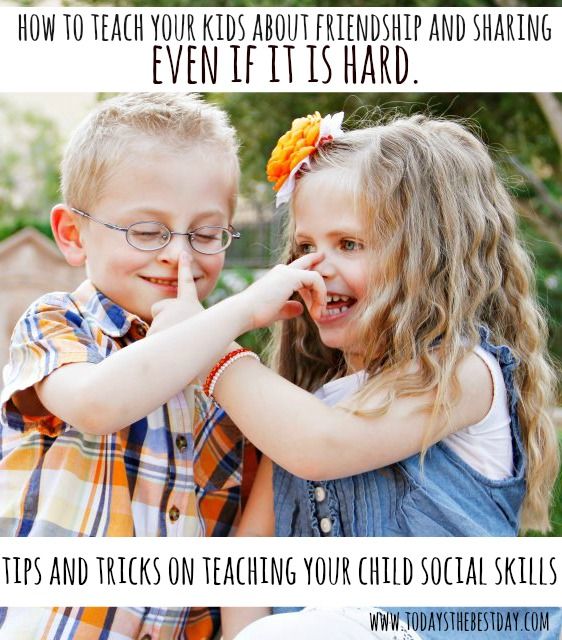 (6/23/06) Teaching Social Skills to Kids Who Don’t Have Them
(6/23/06) Teaching Social Skills to Kids Who Don’t Have Them
Social problems of the modern child and ways to solve them in an educational institution
| primary school teacher |
What problems do modern children have? Today's children are characterized by critical thinking and at the same time uncertainty, tension, anxiety and often aggressive behavior. Why are we adults surrounding the child not always able to understand, accept and, if necessary, help in solving problems? Since I am a primary school teacher, I am interested in children aged 6-12 years, their difficulties in the development process, the possibilities of overcoming them, using the experience of pedagogical work and taking into account the conditions of the particular educational institution in which the child is studying.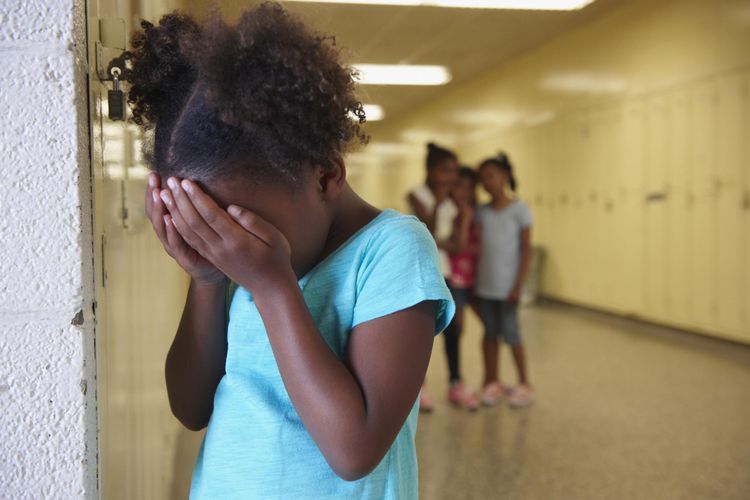
According to my observations, I can note some trends in society that are especially noticeable in recent times. So, for example, in the classroom there are often children from families with extremely different social status and even sharply different in their personal development, so it is quite difficult for them to understand the interests and needs of their peers. The alienation of adults from children, who are exclusively occupied with their work and household chores, the substitution of real communication between people by computer and other technical means of communication also affects children. The social space of the child now is very different from the one that surrounded the child ten or even five years ago. It has expanded, the flow of information comes not only from the family, the children's institution, but also from the Internet and TV. How not to get lost in this vast space, choose the right landmarks and feel the support of your environment for a small growing creature?
To comprehend the problems of today's children, several processes in the social life of society can be distinguished, since they are the cause of changes in the development of children compared to previous generations. The acceleration of the pace of life, the maximum employment of parents with work, the expansion of the information space for the child, the availability of interaction with technical means, etc. - all this, of course, makes its own adjustments to the life of a small creature, affects its perception of the world and the ability to adapt to the social environment . Important factors are the instability of the economic, ideological and social situation, the abundance of information, often the opposite, the discrediting of many moral guidelines, which in turn causes psychological stress not only in an adult, but also in a child. The health of the younger generation is also undergoing changes, taking into account the environmental situation, and often physical health indicators leave much to be desired. The child may suffer physically and this aggravates the situation if he is in an unfavorable social environment.
The acceleration of the pace of life, the maximum employment of parents with work, the expansion of the information space for the child, the availability of interaction with technical means, etc. - all this, of course, makes its own adjustments to the life of a small creature, affects its perception of the world and the ability to adapt to the social environment . Important factors are the instability of the economic, ideological and social situation, the abundance of information, often the opposite, the discrediting of many moral guidelines, which in turn causes psychological stress not only in an adult, but also in a child. The health of the younger generation is also undergoing changes, taking into account the environmental situation, and often physical health indicators leave much to be desired. The child may suffer physically and this aggravates the situation if he is in an unfavorable social environment.
Creating a social environment for the child in an educational institution that will contribute to the development and socialization of the child is the most important task of our society.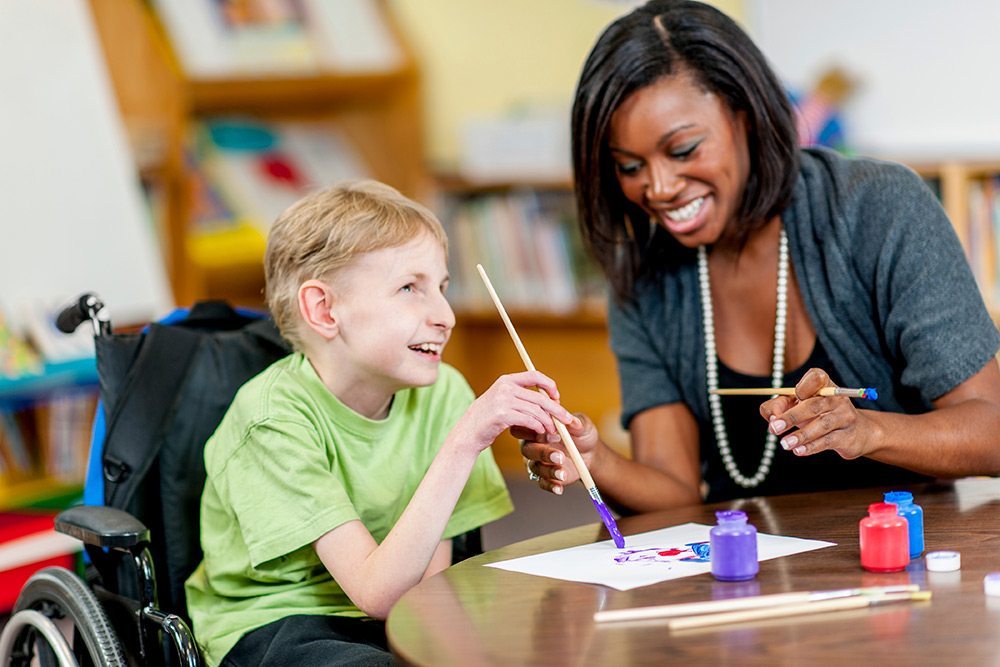
Every educational institution has conditions for fulfilling the child's need to communicate with both adults and peers. Children who have problems in interpersonal communication can receive pedagogical support and support from subject teachers and the class teacher. Also, specialists work at the school, for example, psychologists, speech therapists, but, unfortunately, this is not available in all institutions.
Problems of developmental delay are resolved faster in specialized schools, because they have more opportunities for correction. Recently, the need for such institutions is relevant, because there is an increase in the number of children with poor health, and as a result of this - developmental delay, which is aggravated by social problems.
Conditions for the creative realization of the child are currently available in all schools. This is a system of lesson classes in subjects, as well as an extensive network of various circles (sports, art, vocal, dance, drama, etc. ). the real possibility of visiting them by children from low-income families depends on this.
). the real possibility of visiting them by children from low-income families depends on this.
Some schools collaborate with health centers to help children get preventative health care.
The main role in elementary school, of course, belongs to the professional pedagogical support of the child by the teacher who works directly with him. It is important to notice and pay attention in time to children with a dysfunctional communication situation, for example, those who are rejected by their peers. This requires serious and responsible work with the child, and often with their parents, since problems often lie in the family. In the class team, the teacher can help create an environment, a situation where the child feels more confident, giving the child an anticipatory positive assessment, and the child with increased aggressive behavior, on the contrary, shows other, more productive forms of interaction, gradually reducing the intensity of passions. Thus, in the process of education, any child acquires an important social experience of adequate communication with peers and adults. Cool activities that both children and their parents take part in are very important for maintaining a good friendly atmosphere. Also, common causes unite the team and can help in solving a variety of social problems in children, since here a broader perspective opens up for understanding different views and approaches to solving a specific problem of education. If a child grows up in a single-parent family or a dysfunctional environment, then participating in common class or school activities with parents will help him find a reference adult who can compensate for insufficient or poor-quality communication with adults in the family. The work of uniting the parent-child community is also important for developing tolerance for different views, discussing the pressing issues that arise in modern life and considering ways to solve them during the discussion.
Cool activities that both children and their parents take part in are very important for maintaining a good friendly atmosphere. Also, common causes unite the team and can help in solving a variety of social problems in children, since here a broader perspective opens up for understanding different views and approaches to solving a specific problem of education. If a child grows up in a single-parent family or a dysfunctional environment, then participating in common class or school activities with parents will help him find a reference adult who can compensate for insufficient or poor-quality communication with adults in the family. The work of uniting the parent-child community is also important for developing tolerance for different views, discussing the pressing issues that arise in modern life and considering ways to solve them during the discussion.
The correct understanding and use of computer technology as a means of obtaining information, and not for everyday pastime that takes up all your free time, is also facilitated by the involvement of children in joint trips, visits to theaters, museums, exhibitions, etc. Also important is the work of an adult in the selection of useful video products, computer games. Providing films, programs, and games of high quality in terms of content can reduce the level of a child’s aggressiveness, form cultural demands, present behavior patterns worthy of emulation, teach a child to sort information in the future, protect from low-quality products that operate on base feelings.
Also important is the work of an adult in the selection of useful video products, computer games. Providing films, programs, and games of high quality in terms of content can reduce the level of a child’s aggressiveness, form cultural demands, present behavior patterns worthy of emulation, teach a child to sort information in the future, protect from low-quality products that operate on base feelings.
At present, there are opportunities for solving the social problems of the modern child in most educational institutions. A huge role is given to the teacher and the desire of parents to create a favorable environment for the development of their children in time. If the attitude of adults towards the child is not indifferent, then social problems are gradually solved and the personality develops more harmoniously.
I would also like to touch upon the problem of overloading the child's psyche, which can also take place in our time. Often, adults forget that a child, like any social being, needs another period of rest from society, peace and quiet in order to process the information received from the environment, to comprehend his personal experience. Therefore, excessively long stay at school and in children's society outside of school can cause the child to overwork, hyperactivity, increased absent-mindedness, poor ability to concentrate on any activity, loss of desire to occupy oneself with something, lack of interests and a decline in creative activity, and sometimes and significant deterioration in health. It depends on the individuality of the child, so the described factors cannot be ignored to create optimal conditions for development.
Therefore, excessively long stay at school and in children's society outside of school can cause the child to overwork, hyperactivity, increased absent-mindedness, poor ability to concentrate on any activity, loss of desire to occupy oneself with something, lack of interests and a decline in creative activity, and sometimes and significant deterioration in health. It depends on the individuality of the child, so the described factors cannot be ignored to create optimal conditions for development.
In conclusion, I consider it necessary to note that the social problems of a modern child are a mirror that reflects our society as a whole. If we want our children to be healthy, smart and happy, then we need to overcome many problems together at the level of the state, the children's institution and the family, i.e. all participants in the educational process must be united and respond to changing trends in society in a timely manner, not shrugging off problems, but trying to solve them now with available means.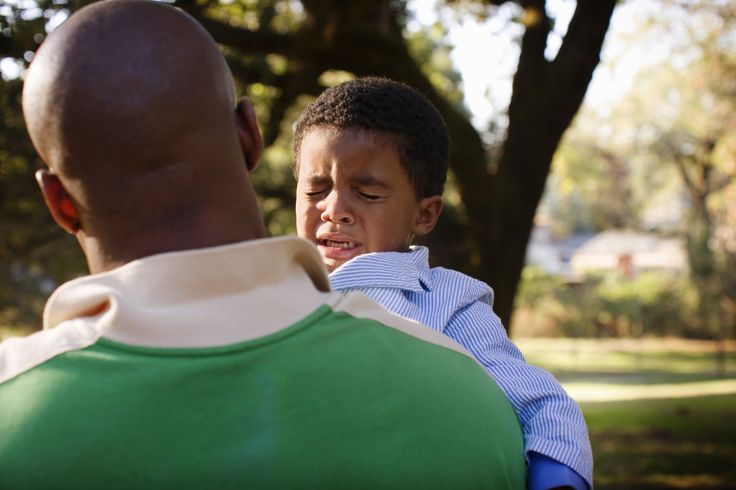
| Number of views: 23922 |
How can you help your child overcome socialization problems?
Problems with socialization may be a symptom of the following disorders:
-
NVL, non-verbal learning disorder;
-
SCD, social communication disorder;
-
ADHD - attention deficit hyperactivity disorder.
Finding friends and joining the company is an integral part of a child's life. This can be difficult at times, but if your child has persistent communication difficulties, it could be a sign of a learning and attention disorder.
There are various disorders that prevent a child from socializing, however, there is one that is known to affect communication skills - Nonverbal Learning Disabilities (NVLD / NLD). To solve a problem, you need to find its cause. Find out what prevents your child from socializing and how you can help him.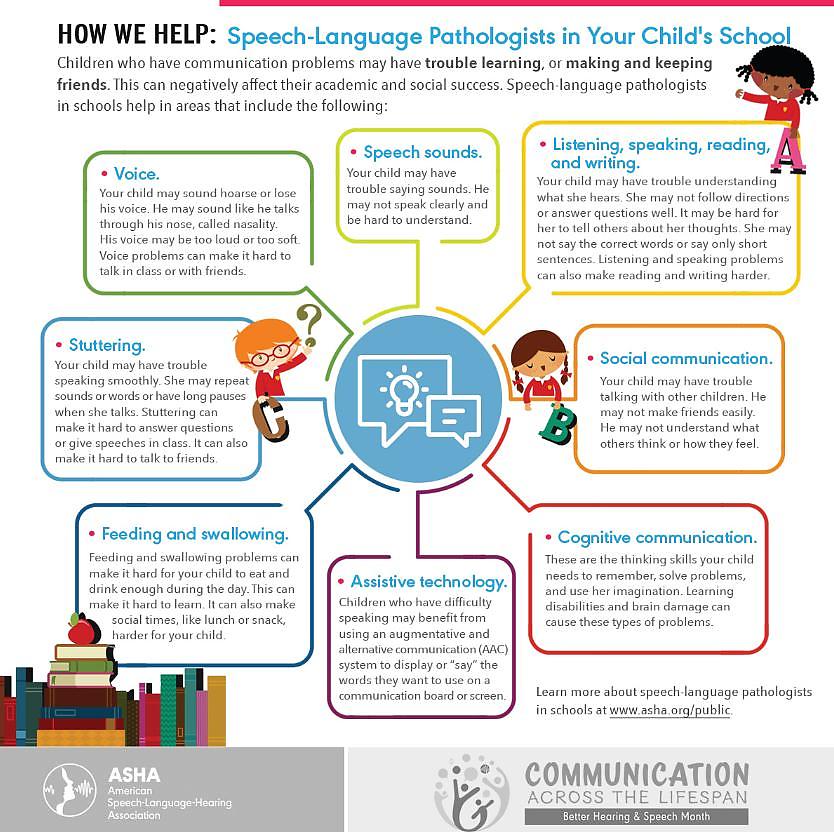
Possible symptoms
Socialization problems may not be as obvious in early childhood, depending on the cause of the problems. Some children with nonverbal learning disorder, for example, do not show symptoms until elementary or middle school. This is the period when socialization becomes more difficult.
You may have noticed that your child responds inappropriately when he is drawn into a conversation or does not see when someone is obviously annoyed.
What could be causing communication problems?
1. Nonverbal Learning Disorder (NLE) is a learning disorder that seriously affects communication skills.
Other disorders can also make communication difficult for children, but for different reasons. Below are some of the disorders that can cause communication problems.
Non-verbal learning disorder is a disorder that makes it difficult for children to understand non-verbal communications. As a rule, children with NRO miss body language, facial expressions, and intonation of voice, so they may not understand the intentions of the interlocutor. For example, such a child will not understand that a classmate who has crossed his arms and turned away does not want to talk to him.
As a rule, children with NRO miss body language, facial expressions, and intonation of voice, so they may not understand the intentions of the interlocutor. For example, such a child will not understand that a classmate who has crossed his arms and turned away does not want to talk to him.
Many children with NDE do not understand abstract concepts, they cannot read between the lines, and they literally understand figurative expressions. NRO often affects self-control skills, which causes the child to interrupt the interlocutor and not keep his emotions under control. Deviation also affects coordination and mathematical ability.
Let's look at some of the symptoms of NRA related to communication skills:
-
Talks a lot
-
Uses inappropriate expressions
-
Relies on adults to get information
-
Does not understand facial expressions, body language
-
Extremely literal and does not understand figures of speech and sarcasm
-
Avoids contact with peers
-
Prefers communication with adults to communication with other children
Children of different ages may have different symptoms of NRO.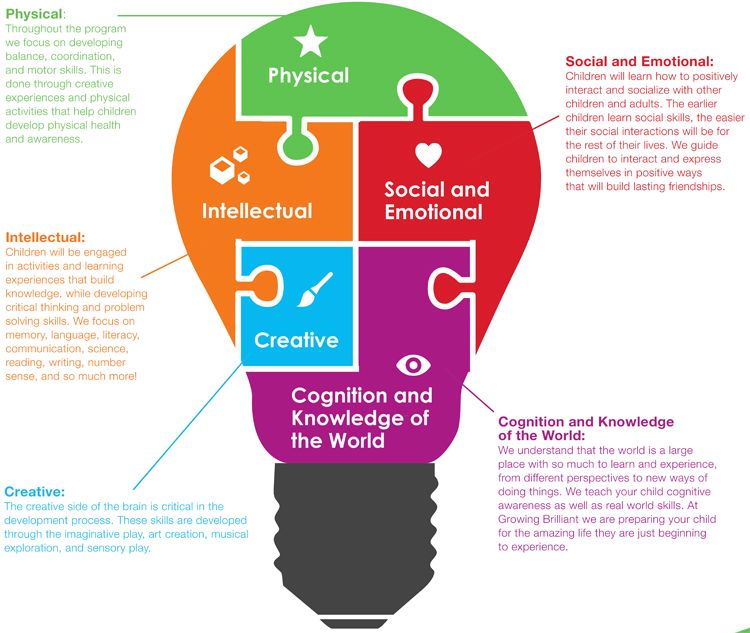 A child who is now in the first grade will behave differently in the ninth grade.
A child who is now in the first grade will behave differently in the ninth grade.
2. Attention Deficit Hyperactivity Disorder (ADHD): Symptoms of ADHD can make it difficult for a child to socialize. Children with ADHD have difficulty concentrating and controlling impulses.
The following are symptoms of children with ADHD related to communication skills:
-
Not waiting in line
-
Intervenes in a conversation, interrupts the interlocutor
-
Demands that his whims be fulfilled immediately
-
Prevents the interlocutor from inserting a word
-
Does not listen well to others and is lost in his own speech
-
Gives up quickly, dumps group work on others
-
Does not sit still, fidgets all the time
Symptoms of ADHD vary from child to child. As in the case of NRO, a child who is in the lower grades will behave very differently in the higher grades.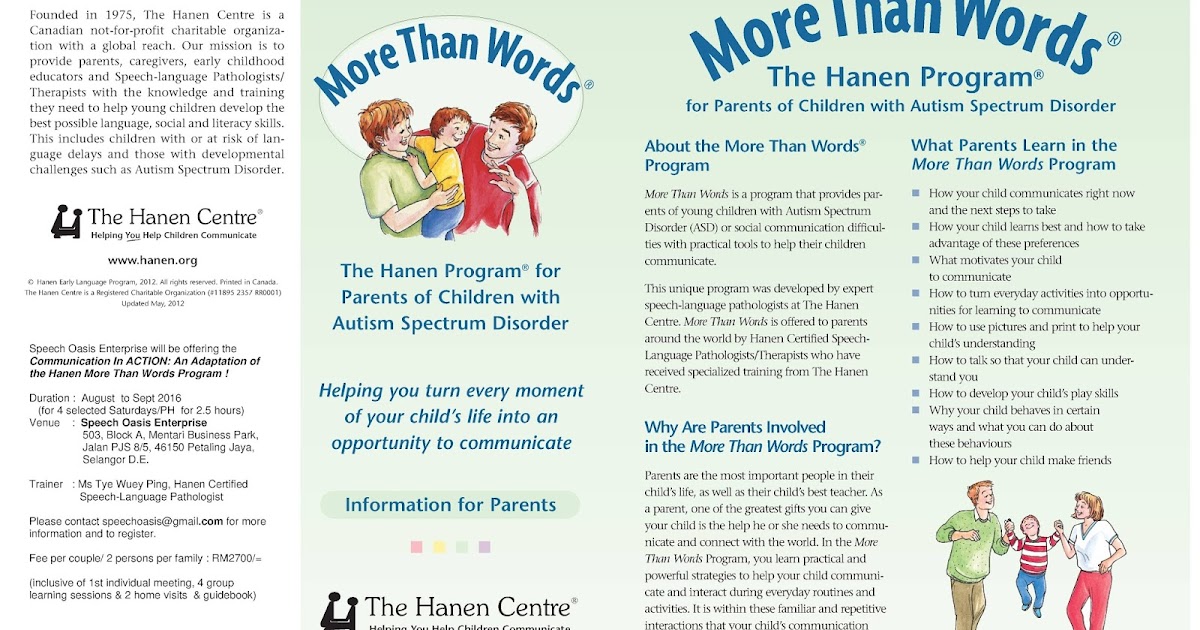
3. Social Communication Disorder (SCD): Children with SCD experience problems with verbal communication. Unlike children with NRO and ADHD, they often just don't want to talk to other people.
Here are some of the symptoms of children with IBS that prevent them from interacting with others:
-
Almost no interest in socializing with others
-
Changes the subject or takes over the conversation
-
Underdevelopment of speech due to impaired phonemic perception
-
Does not adjust his speech to suit different people or situations
-
Loses important details when talking to strangers
-
Does not know how to properly greet people, receive information and attract attention
-
Extremely literal and does not understand figures of speech and sarcasm
-
Does not understand non-verbal communication
-
He won't understand anything unless he is directly told about it
The symptoms of IBS may present differently in children of different ages.
The three disorders are unrelated, but they may coexist in the child.
Knowing what is behind your child's communication problems will help you find the best solution.
How to find answers
If your child has communication problems, the key to getting the best support is to find the root of the problem. A good start is to observe the child's behavior. Pay attention to the little things. Any information will be useful to a specialist who will analyze it. Determining the source of your child's problems can be a long and complicated process. Here's how to get started:
-
Talk to your child's teacher. You are aware of the difficulties that a child faces at home. But the teacher can draw your attention to something new by talking about his behavior in the classroom. Talking about your observations and concerns can lead to informal support at school. For example, the teacher may move your child to children with similar interests or try to give clearer instructions so that the child understands.
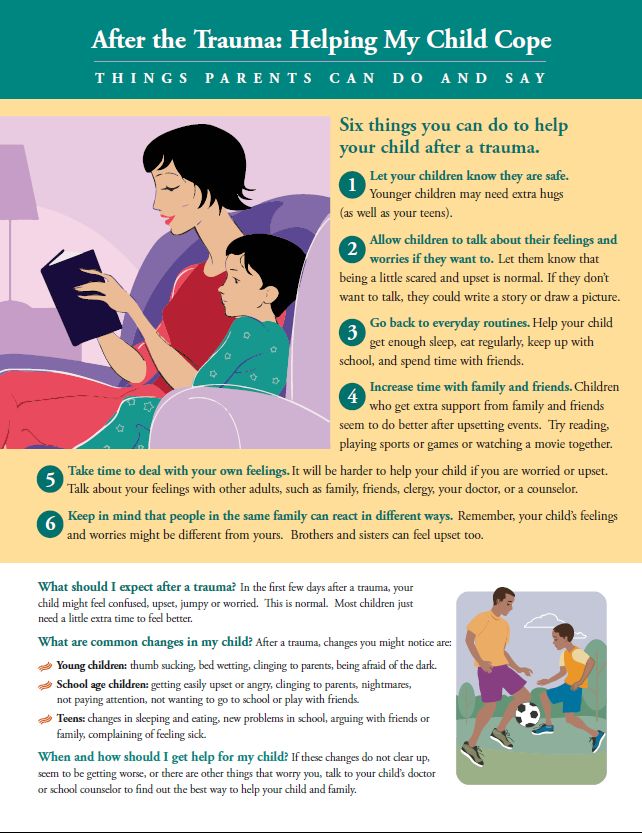
-
Consider testing at school. If you think your child's communication skills are being affected by a learning or attention disorder, you can ask your child's teacher for tests. Depending on the result, the child will have the opportunity to receive the necessary help and support.
-
Seek medical attention. You can start by talking to your child's doctor about your concerns. Together you can determine how to find the cause of your child's communication problems. The doctor can identify medical problems and also help you find neurologists or another specialist for testing.
-
Talk to a specialist. Some pediatricians may test your child for ADHD. But psychologists who specialize in learning and attention disorders can test a child for both ADHD and NDE. A speech therapist can determine the child's TFR. There are different types of tests for NRO, ADHD, and TFR.
What You Can Do Now
Whatever the cause of your child's communication problems, there are always ways to support, build self-esteem and teach basic communication skills.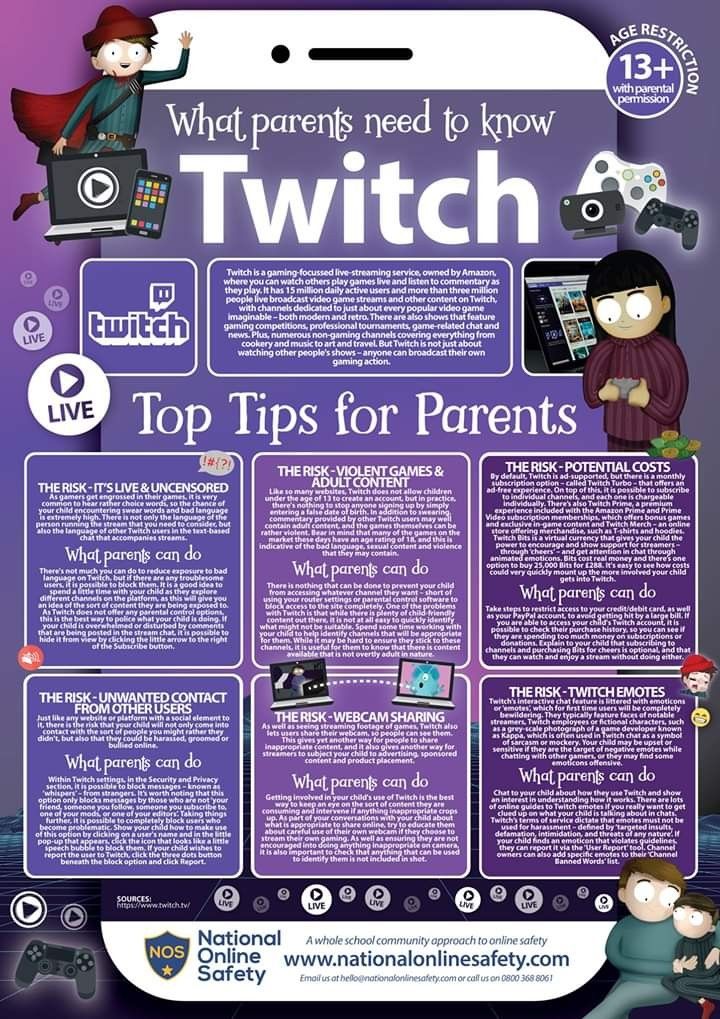 Just knowing that you are always there and ready to support him will make a big difference.
Just knowing that you are always there and ready to support him will make a big difference.
Below are some ways you can help:
-
Find out as much as you can. The more you know about the obstacles in your child's path, the better you can help him overcome them.
-
Watch and notice. It will help a lot if you know in which situations the child is experiencing difficulties. See how he usually behaves and what he does wrong, offer him a different approach. Your notes will also be helpful if you decide to see a doctor, teacher, or specialist.
-
Rehearse the situation. Rehearse with your child a situation in which he usually gets lost. By example, teach him to start and maintain a conversation, not to interrupt the interlocutor and to behave politely.
-
Introduce your child to other children. It will be easier for the child to communicate with children with the same interests. Look for classes or clubs that teach things he likes.

-
Look for classes that teach communication skills. Perhaps your school provides them for free. Some professionals may offer special programs for children who are unable to communicate.
-
Try different approaches. Search social media groups for ideas on how to help your child make friends and improve their communication skills.
-
Contact other parents. You may think that you are the only family where a child has problems with social skills, but in fact this is not so. Talk to parents who are in a similar situation, share experiences, observations and ideas.
---------------------------------
Try online Neurological Fast ForWord.
This technique quickly develops skills of concentration, phonemic perception and basic cognitive skills of the child - memory, perception, processing and analysis of information, logical thinking, etc.
Classes in Fast ForWord help children with ICD, ADHD and children with learning disorders to become successful learners, gain self-confidence and, as a result, socialize!
---------------------------------
Generally, children with social skills problems do not outgrow it.